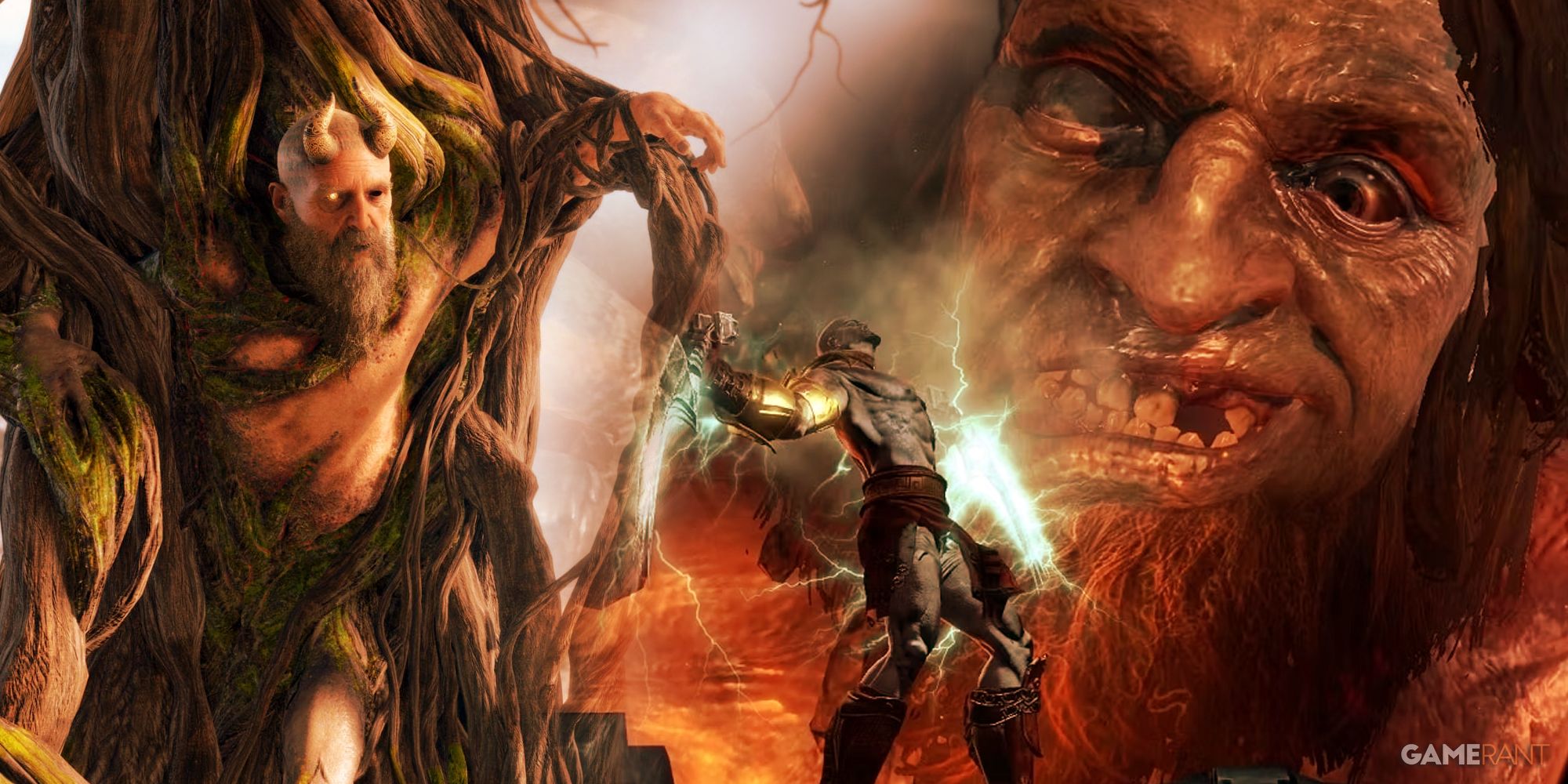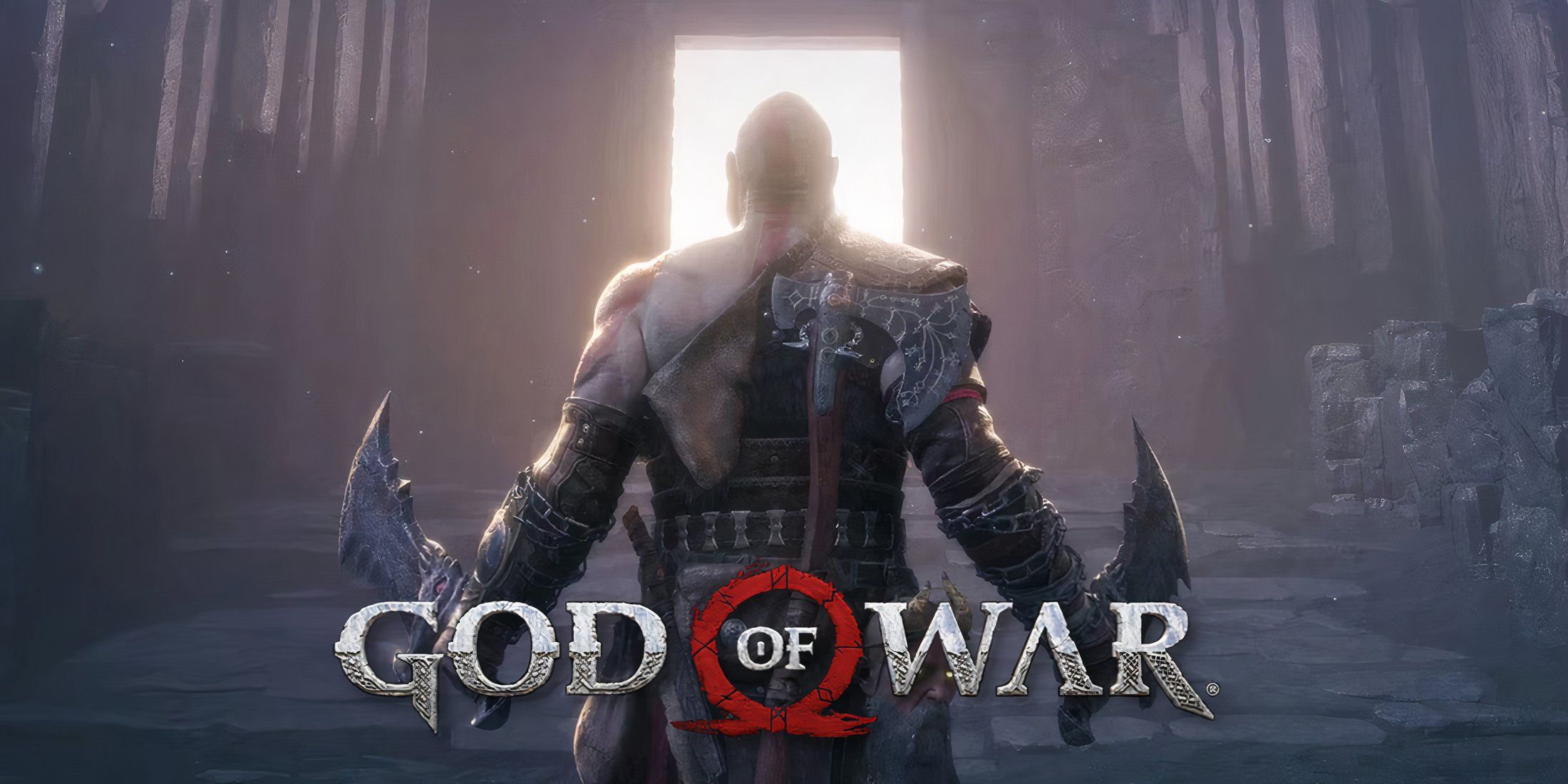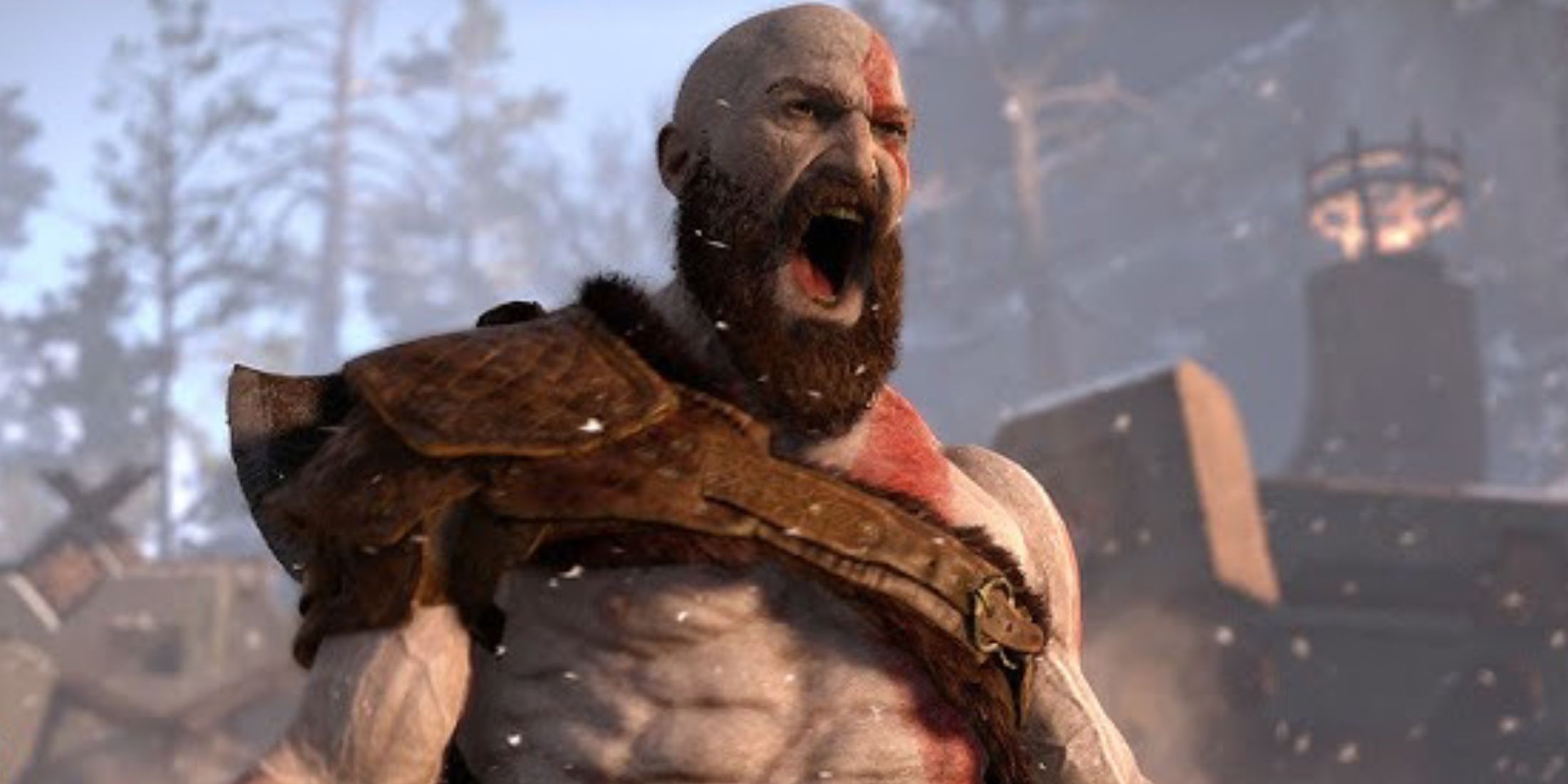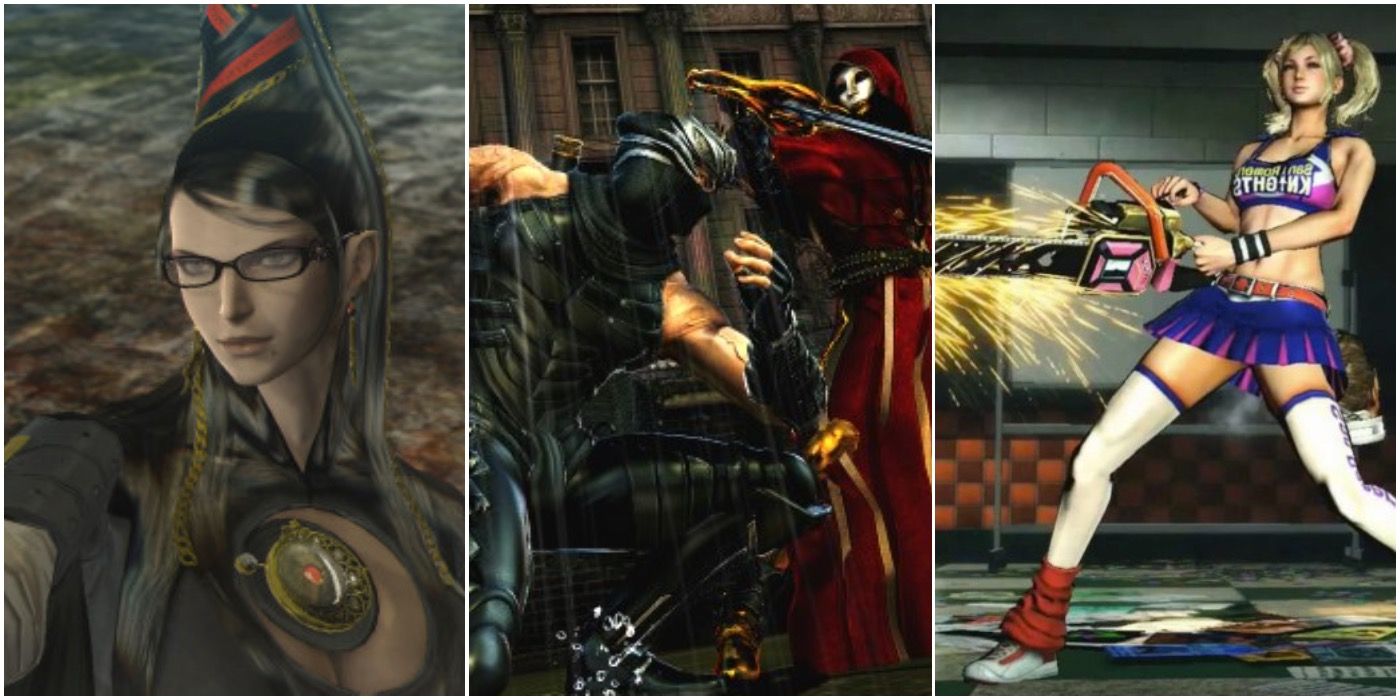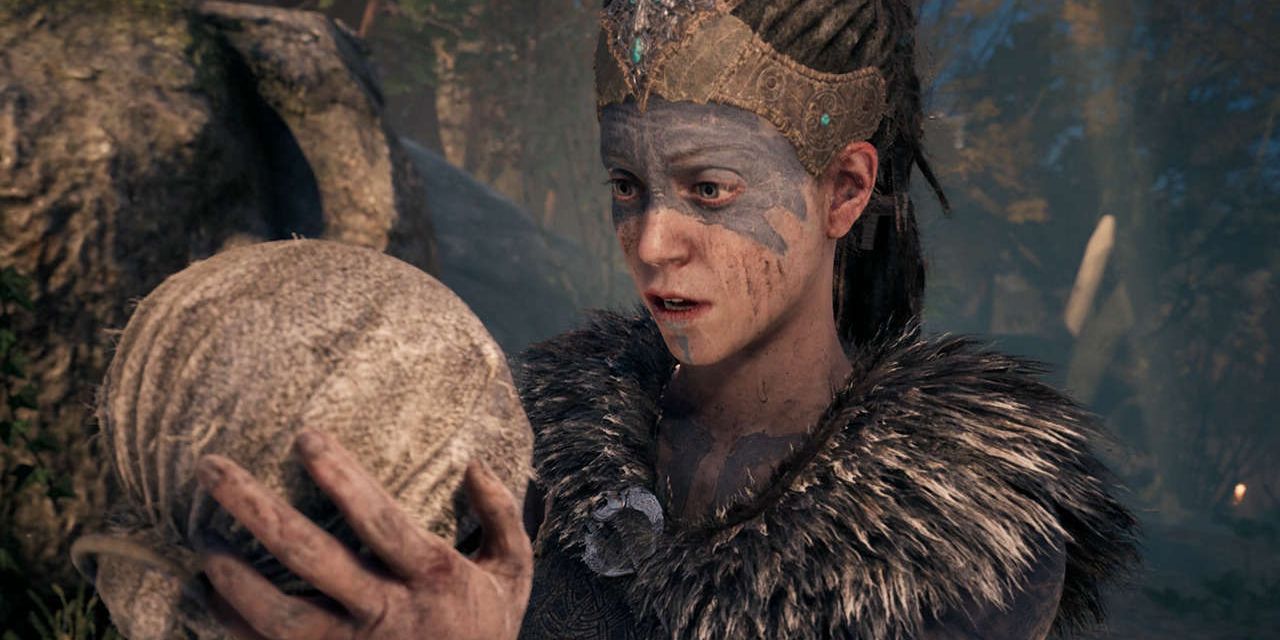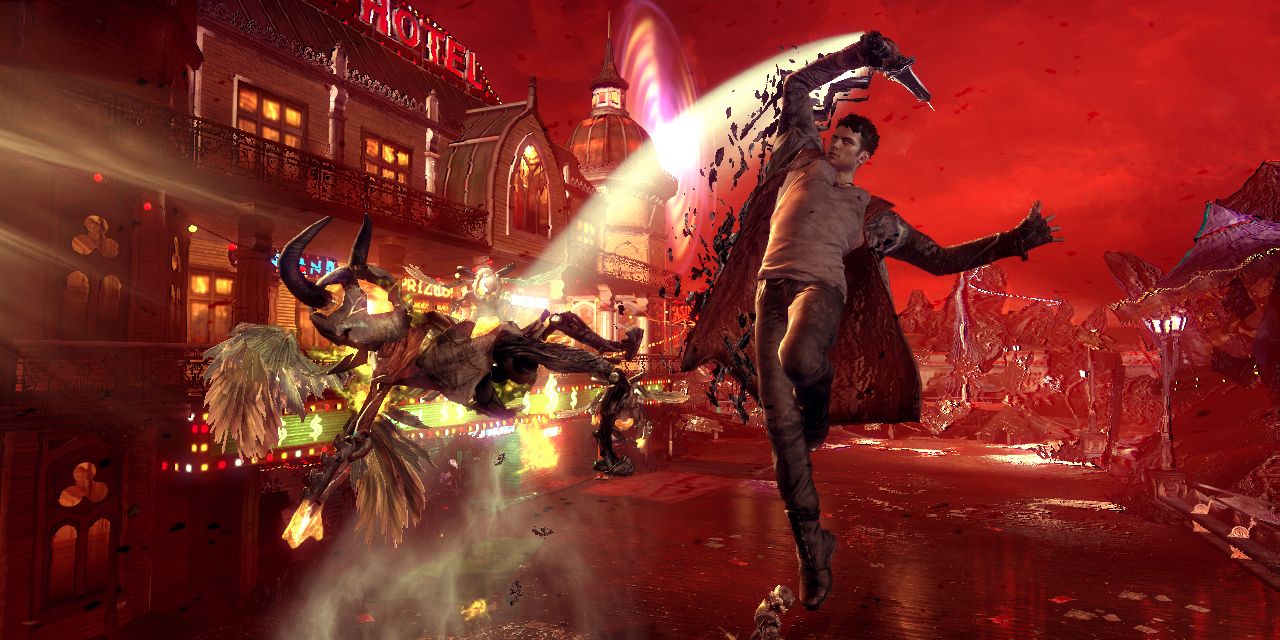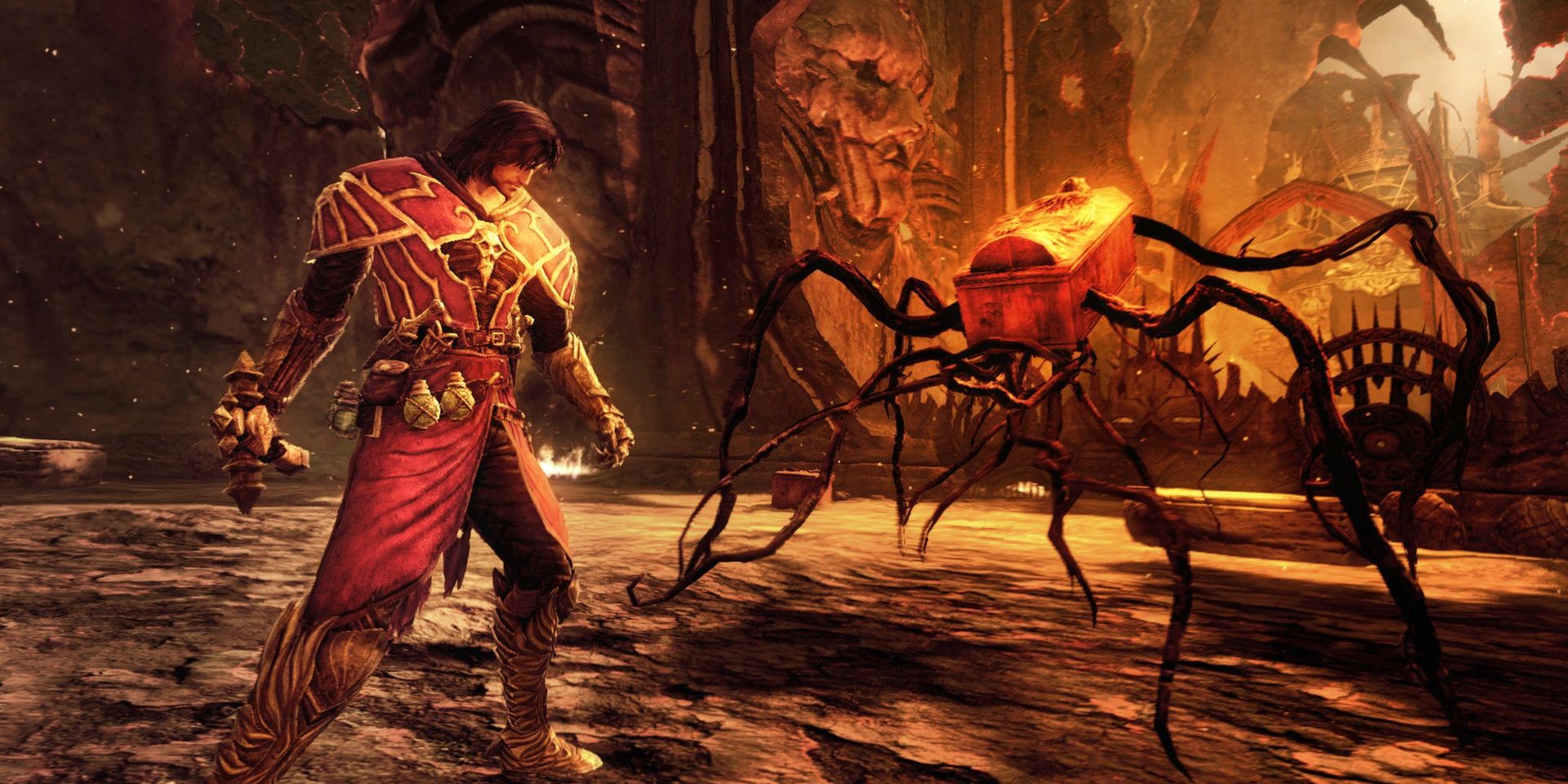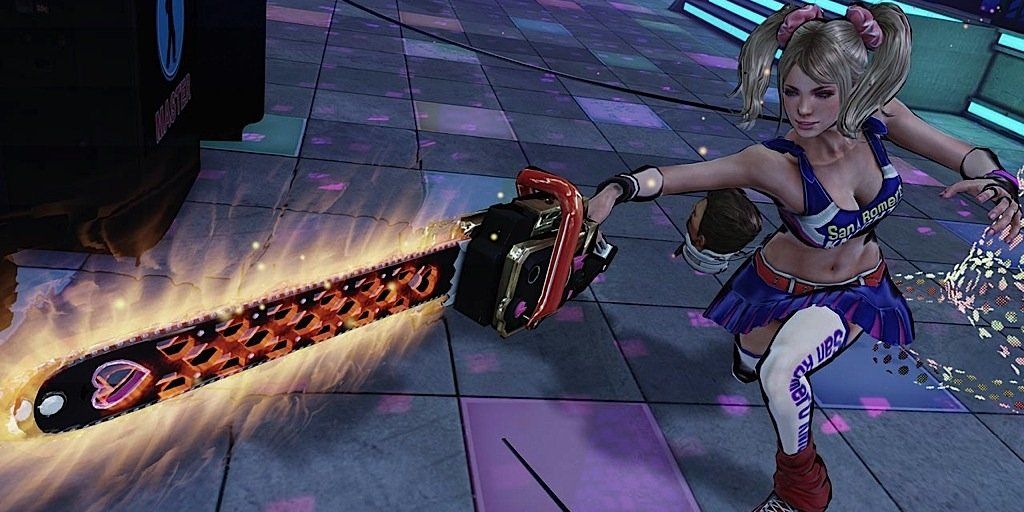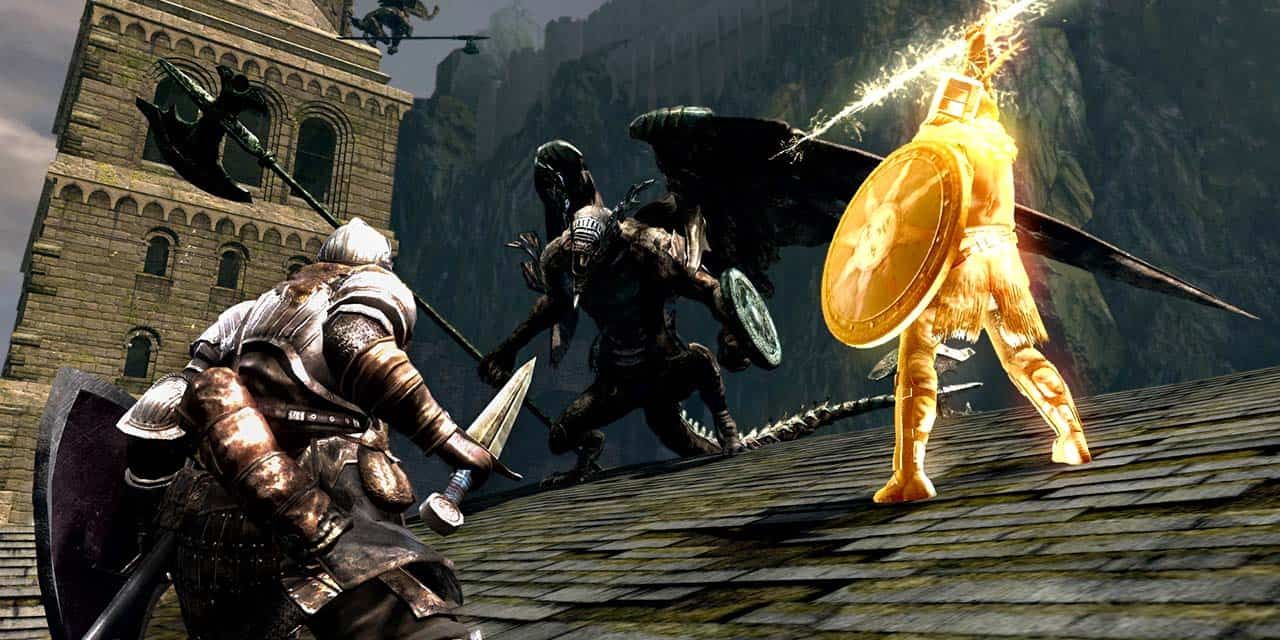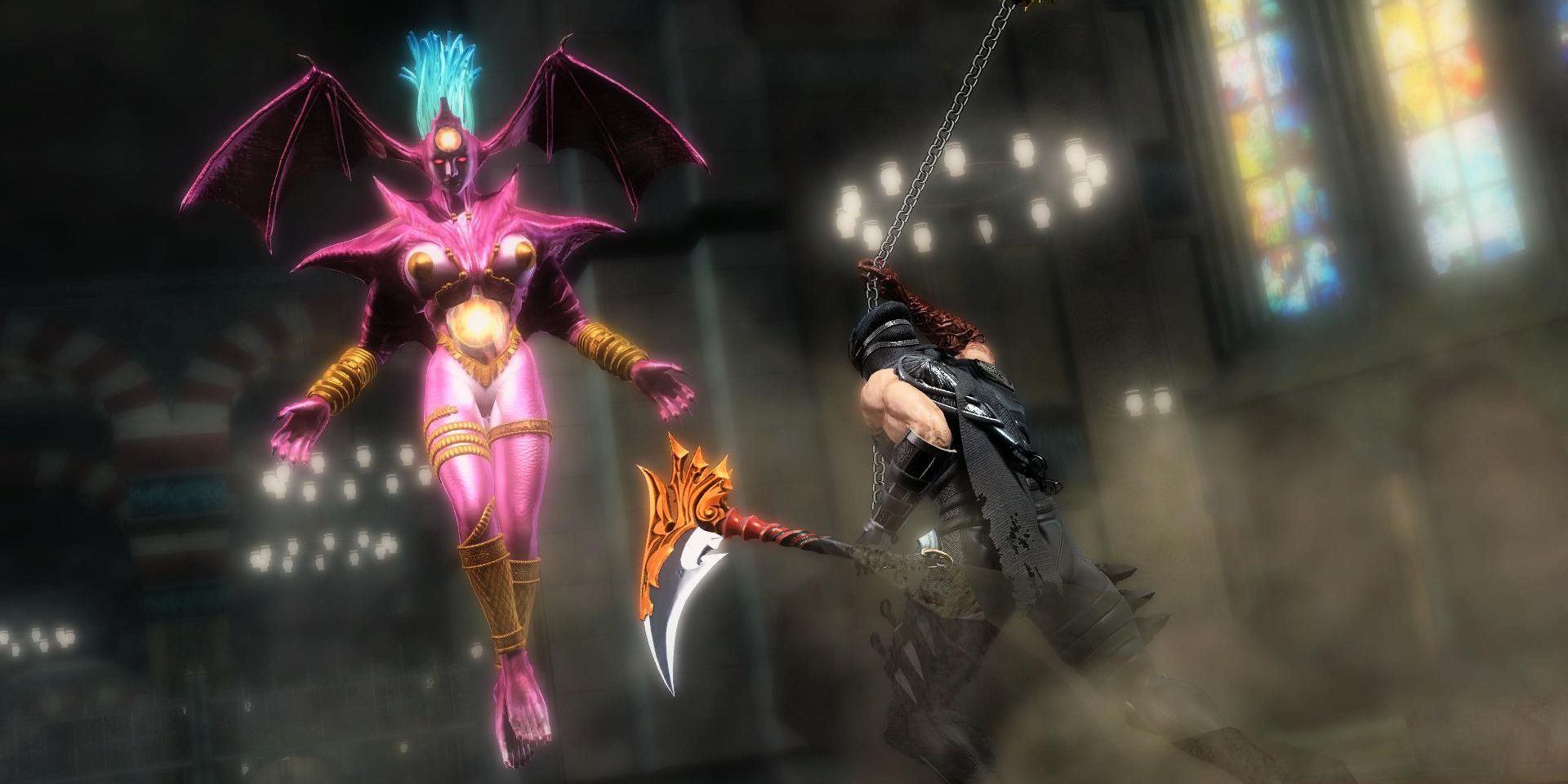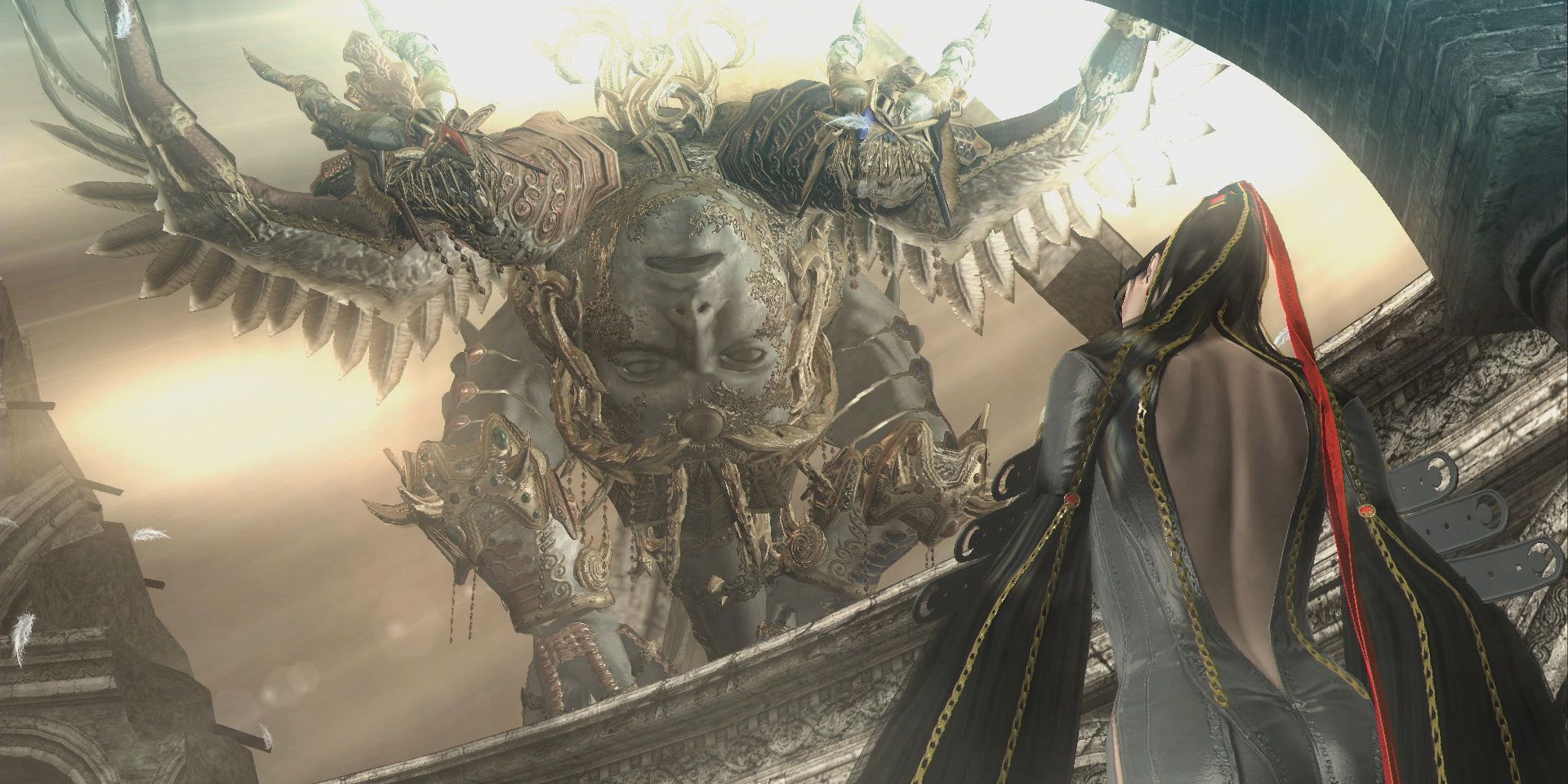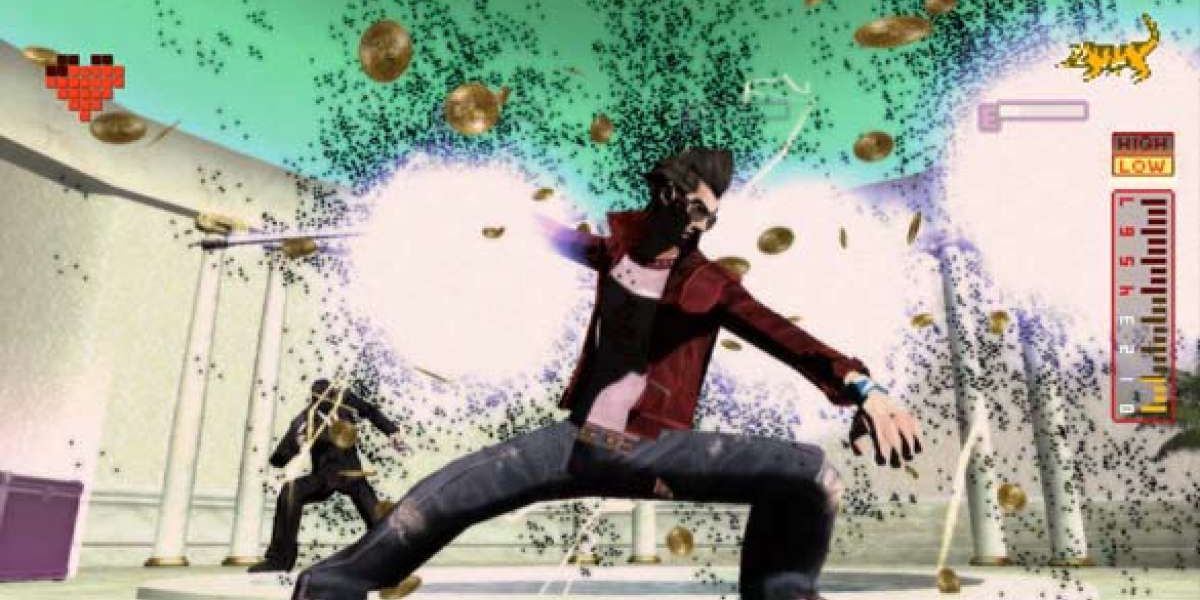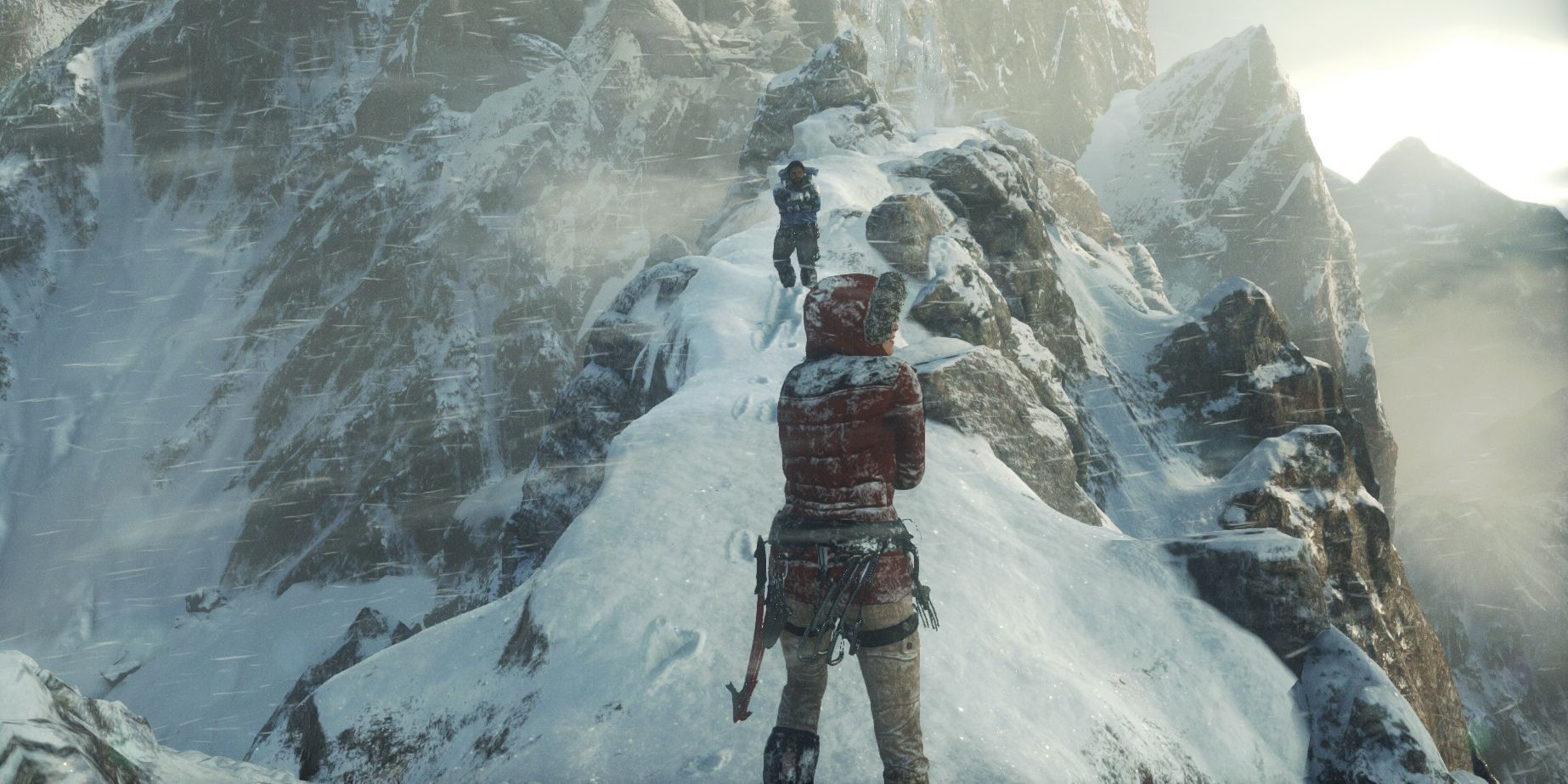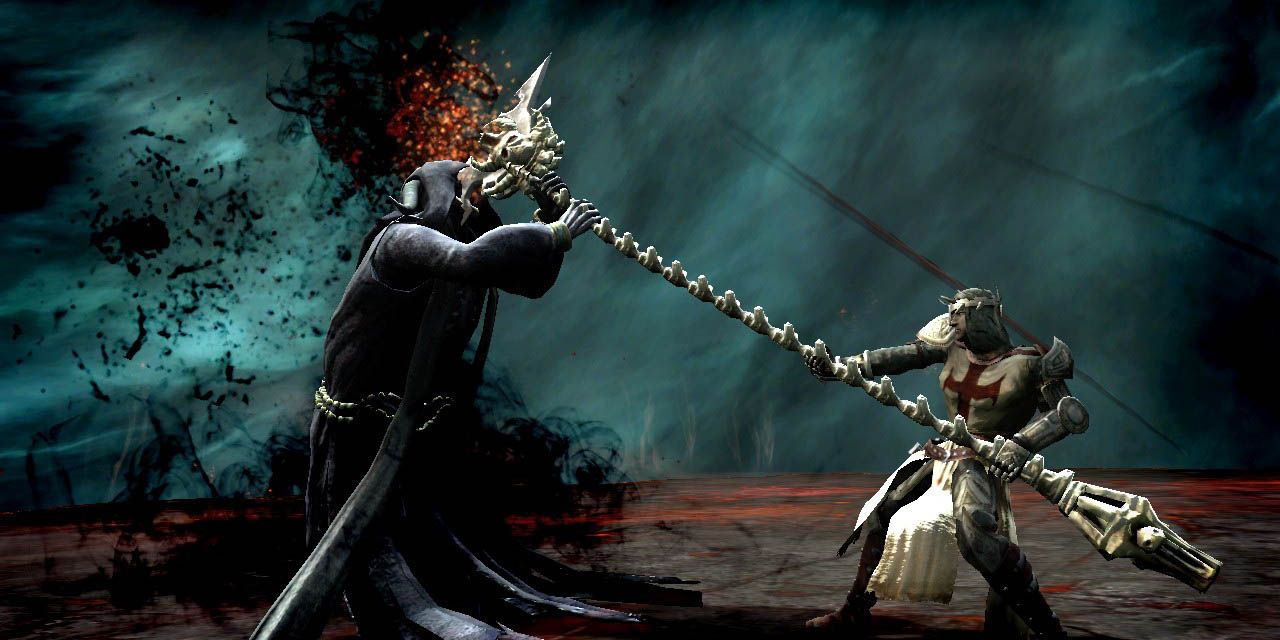There are many impressive action-adventure video games that embrace the hack and slash style of kinetic gameplay. It’s been amazing to see how these titles have been able to evolve and create a more immersive and challenging experience. The God of War franchise has done excellent work to perfect this style of gameplay in many ways.
The God of War series expertly mixes together tight action with Greek and Norse mythology to create something special. That being said, there are plenty of similar games that either succeed or fail in capturing the same magic. Accordingly, here are 5 games to play if you like God of War and 5 you should avoid.
10 Play: Hellblade: Sensua's Sacrifice
Hellblade: Sensua's Sacrifice should be mandatory playing for any fan of the God of War series. Not only do the titles feature extremely similar combat and gameplay, but they're both deeply entrenched in deep Norse mythology. It's a lot of fun to encounter characters and deities in Hellblade that have appeared or been referenced in God of War titles.
In addition to these surface-level similarities, Sensua's Sacrifice does fantastic work with its protagonist and works hard to turn Sensua into an empathetic figure who makes more of an impression than Kratos.
9 Avoid: DmC: Devil May Cry
The Devil May Cry series has turned into one of Capcom’s most popular and lucrative franchises, but the frantic action slasher has had its ups and downs over the years. DmC: Devil May Cry is easily the most controversial entry in the series since it’s meant to operate as a reboot of the material.
DmC’s new, “hip” perspective is largely considered an insult to the original series. The combat may still be entertaining, but the story and character problems turn this game into a soulless slog.
8 Play: Castlevania: Lords Of Shadow
Castlevania: Lord of Shadow should have been a home run on every front. It's a promising return to the Castlevania series, especially since it puts video game auteur, Hideo Kojima, at the helm and he doesn't hold back.
Kojima’s more adult take to the gothic series bears a lot in common with God of War. They both feature similar gameplay and equally extravagant enemies. Lords of Shadow doesn’t pull from mythology in the same way that God of War does, but they both look to folklore for inspiration.
7 Avoid: Lollipop Chainsaw
Video games have evolved so much that there's a tendency to believe that more insanity is always a good thing. Developers like Grasshopper Manufacture and Goichi Suda largely operate off of this philosophy.
Sometimes this approach works, but Lollipop Chainsaw is the perfect example of the dangers of excess. Lollipop Chainsaw throws zombie hordes, chainsaw action, a partner that's a disembodied head, and a protagonist that's meant to be objectified. There's never a lack of action in the game, but the combat is a lot sloppier than what God of War offers.
6 Play: Dark Souls: Remastered
FromSoftware has perfected the art of frustrating gamers with insanely punishing experiences that push players to their limits. The chaotic combat in Dark Souls is incredibly similar to God of War and it’s easy to apply tricks from one game in the other.
The enormous bosses share a lot of similar DNA, too. However, the biggest similarity between these hack and slash action-adventure games is how they approach level design and story progression. It’s hard to not inevitably compare these two titles when it comes down to how they throw players into these dangerous, new worlds.
5 Avoid: Ninja Gaiden 3
The Ninja Gaiden series deserves a lot of respect and the games helped give the original Xbox a popularity boost during the console's infancy. Team Ninja is known for putting together tight hack and slash action experiences, but Ninja Gaiden 3 is a step backward in every regard.
It's easily the nadir of the series, which makes its conclusion even more disappointing. Ninja Gaiden 3 has a messy combat system and gameplay that constantly punishes and frustrates the player. God of War creates an addictive experience that inspires improvement, but Ninja Gaiden 3 is just a crushing blow.
4 Play: Bayonetta
The developers behind God of War have done incredible things with the series and created modern masterpieces, but when it comes to the competition it's hard to top the work of PlatinumGames. Every game that Platinum puts out is reason for celebration, but Bayonetta is really the best example of what they can accomplish.
The title is the perfect mix of insane combat, bonkers visuals, and a heroine that's instantly lovable. Bayonetta often feels like a fever dream, but it's the kind that players will never want to wake up from.
3 Avoid: No More Heroes
No More Heroes was a groundbreaking title for Nintendo’s Wii that gave the friendly console a welcome dose of brutality. No More Heroes has grown into its own ridiculous and meta franchise that in many ways is a deconstruction of the action genre.
No More Heroes arguably has more hack and slash combat action than God of War, but it’s a very different kind of violence. The game feels a little too far removed from reality and tonally it couldn’t be more different than what God of War strives to achieve.
2 Play: Rise Of The Tomb Raider
The Tomb Raider series has had a fascinating evolution over the years and it continues to push boundaries. Rise of the Tomb Raider is a glorious reboot of the franchise and even though there’s considerably less combat and foreboding Gods to contend with in Rise of the Tomb Raider, the games still share a bunch in common.
The biggest area of comparison between the titles is that the puzzles and massive environments in Rise of the Tomb Raider easily conjure the areas from God of War. It’s the perfect choice for gamers that want a more grounded experience.
1 Avoid: Dante's Inferno
Dante’s Inferno shares a lot in common thematically with God of War. Both titles pull from weighty texts for their inspiration and tackle comparable ground. Dante’s Inferno adapts Dante’s work of the same name, with the title turning Dante into a scythe-wielding Knight of the Templar.
Despite the similar subject matter and combat styles, the game quickly loses its steam and becomes repetitive early on. It’s derivative of God of War, rather than an evolution of the genre that pushes that style of gameplay to new places.

